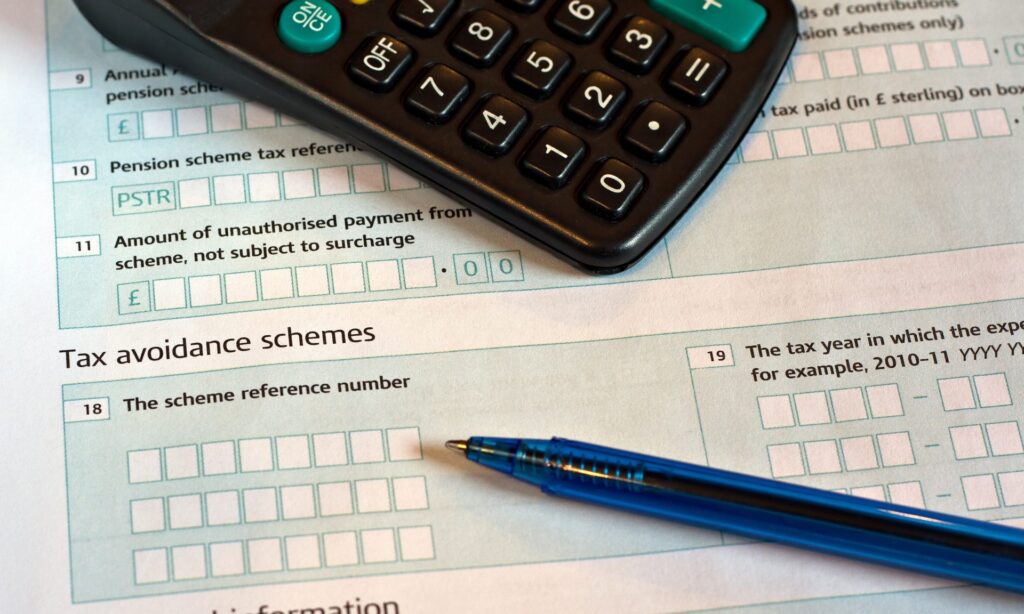The legalities of living in or moving to France
Having your own solicitor in France will make it much easier for you to find out more about the French legal system, so that you can easily navigate the legal aspects of your new life.
Not only will an independent solicitor be beneficial when purchasing property, but it’s also important to have one on your side as you settle in to life in France. This is especially key when working with the tax implications, as well as your residency status.
Residency in France
Residence permit rules vary according to nationality. However, as an EU citizen it is no longer a legal requirement that you have one. Despite this, you will need to establish where your main country of residence is for tax purposes. Whatever your nationality, according to tax codes in the French legal system, you are a resident in France if you:
- have a permanent home or principal place to stay in in France, where you spend most of your time.
- spend more than 183 days (half a year) in France during a calendar year, or more time in France than any other country.
- are employed, or carry out an occupation, in France.
- have your centre of economic interest is France.
You will need to establish where your main country of residence is for tax purposes.
If you fall into one or more of these criteria, you must pay taxes on your worldwide income in France. If not, then you are considered non-resident, and must only pay taxes on your French source of income. It will be the tax authorities who decide your status at first. You can appeal their decision if you want. If you pay your taxes in France, you will generally be seen as ‘fiscally resident’ – but at least one of the following three conditions need apply:
- Your main home is in France
- You carry out professional activity in France, either as an employee or self-employed
- Your centre of ‘economic interest’ is in France; for example, investments or business
Notify HMRC in the UK when you move to France
You will need to make sure you let the tax authorities in the UK know about your move to France. You may need to provide evidence that you are no longer resident – but this might ensure you receive a tax refund, which is always helpful!
Double taxation treaty
It may be that you fall between the two camps, with a potential for residency in both the UK and France. In this case, the double taxation treaty comes in. This ensures that income taxed in one country is not liable for tax in another. For example, pensions that you receive from the UK in France will be taxed in France and not the UK. Double taxation treaties, along with residency, can be complicated. As such, we recommend seeking professional advice to avoid confusion.
You may need to provide evidence that you are no longer resident in the UK – but this might ensure you receive a tax refund, which is always helpful!
For example, with cross-border working and living in Europe becoming more and more commonplace, the tax authorities in different countries will not always interpret the circumstances of each case in a consistent manner. This would be particular confusing for a family who for the main part have relocated in France with the breadwinner working overseas.
There can often be a substantial difference in the way that the French tax authorities view the criteria for being a tax resident in France, and this will often depend on the nature of employment. In the EU, you will often find that your social security rights and obligations depend on where you actually work. Usually, you’ll pay your social security contributions in that country. France has fairly high social security contributions, so working outside the country may well go in your favour!
Other payments
Some people base themselves in France and earn business or salaried income from both the UK and France. If you do this and get taxed outside of France on this income, you will still need to pay a social levy towards health costs in France. This charge is 5.5% on salaried income, and is in tiers for business income depending on bands. You may also need to complete a tax return, even if you pay tax outside of the French legal system. This will be because all tax and income paid must be assessed to calculate your liability to tax on any French-earned income (e.g. rental income).

Working out your tax liabilities when living in France.
Resident’s permits
A residence permit in France is known as a carte de séjour. You can apply to receive one at your prefecture, the French government office responsible for local administration of policing laws and regulations. In the provinces, you will usually find these in the administrative capital of your département. In rural areas, you should be able to process your application through the local town hall (mairie). The service that delivers the residence permits is called le service des étrangers.
Planning permission
When making changes to your property, it is very important to assess the planning rules and regulations of the French legal system. The good news is that you will not need planning permission for any interior alterations you wish to make to your property. For exterior alterations or additions, you will usually find that planning applications are assessed sympathetically. Consequently, unless your plans are obviously not in keeping with what exists, you will often receive the permission you need.
Rules and regulations
There are certain rules that you must bear in mind at the outset:
- Any exterior alteration/addition/demolition will require a permit
- If you are simply renovating an existing building/barn/shed/garage, you will still need to obtain permission
- Don’t assume that because a neighbour has received permission for something similar, that yours will be automatically granted. Your property may be in a slightly different setting or regulations may have changed or indeed the mayor may have changed!
- Close proximity to a church means that the rules will be more stringent
- A trip at the outset to your local mairie will pay dividends: you need to know what is required so that your application can be prepared properly
- Rules may differ from region to region and sometimes even from village to village, so seek local advice

It’s so important to adhere to the legal building regulations and planning permission
There are three different types of permission required for exterior work in the French legal system:
Permis de demolir (permission to demolish)
This will be required if you wish to demolish a building on your land – even if it is in a dilapidated state.
Permis de construire (permission to construct)
This is required for any change to the exterior of the property which may affect its taxable value – including items such as an extension of more than 20m², the change of use of a barn to a habitable residence, the construction of an outbuilding, or enlarging/changing existing windows or doors. This may also be required for changing the colour of external walls or shutters, or creating a terrace or patio.
Declaration de travaux (declaration of work)
This is a simpler form of a building permit; required for minor alterations including:
- An extension of less than 20m²
- Replacing roof tiles
- Building a small swimming pool
- Adding/renewing external doors or windows
Detailed plans, drawings and photographs are required, and you may find it an advantage to employ the services of an architect to ensure that this is correctly drawn up.
After planning permission has been granted
Once you have received planning permission in the French legal system, you may go ahead with plans. The local authority is at liberty to come and inspect at any time. You will also need to submit a declaration confirming that the work has been carried out according to the permit application and local building regulations within 30 days of the work’s completion.

